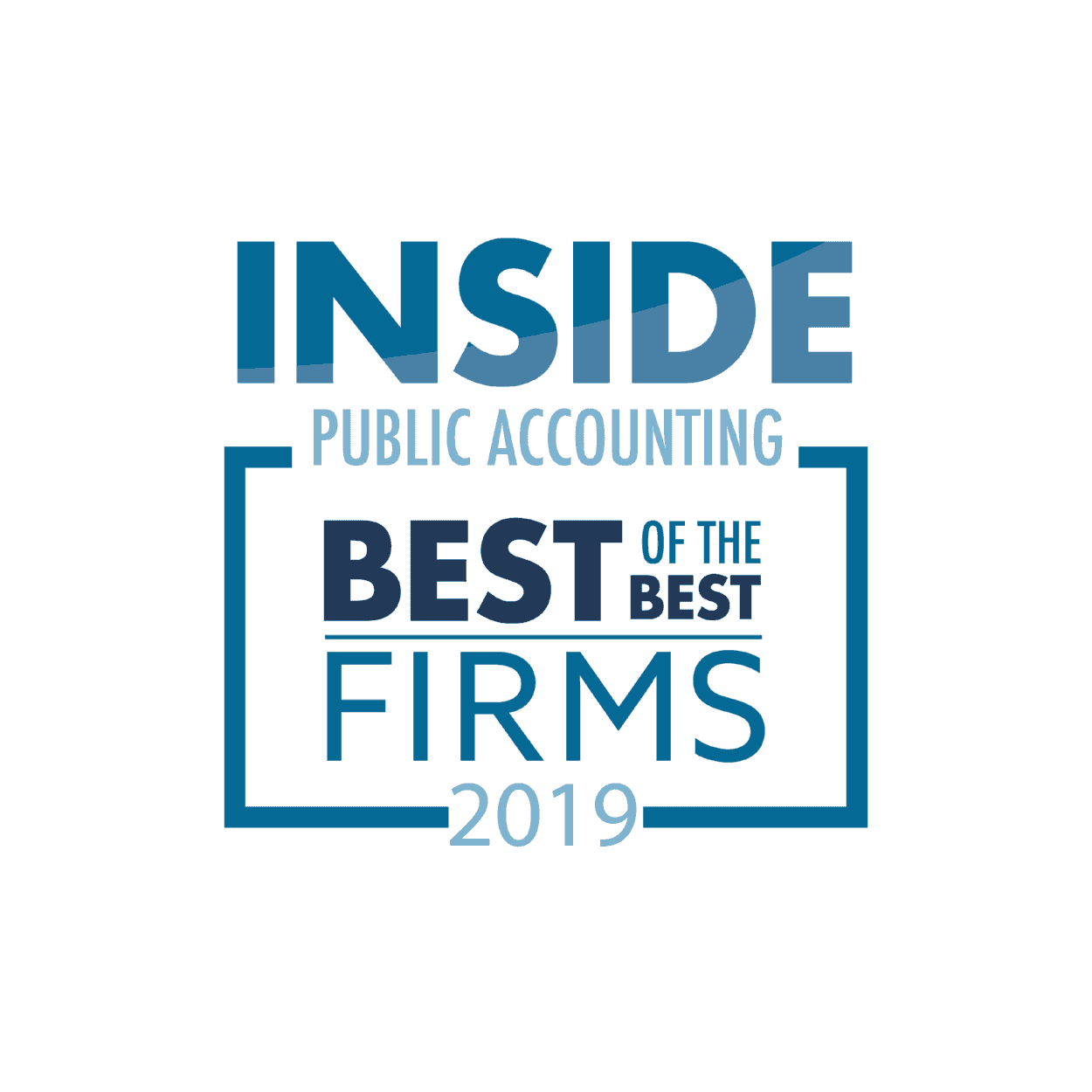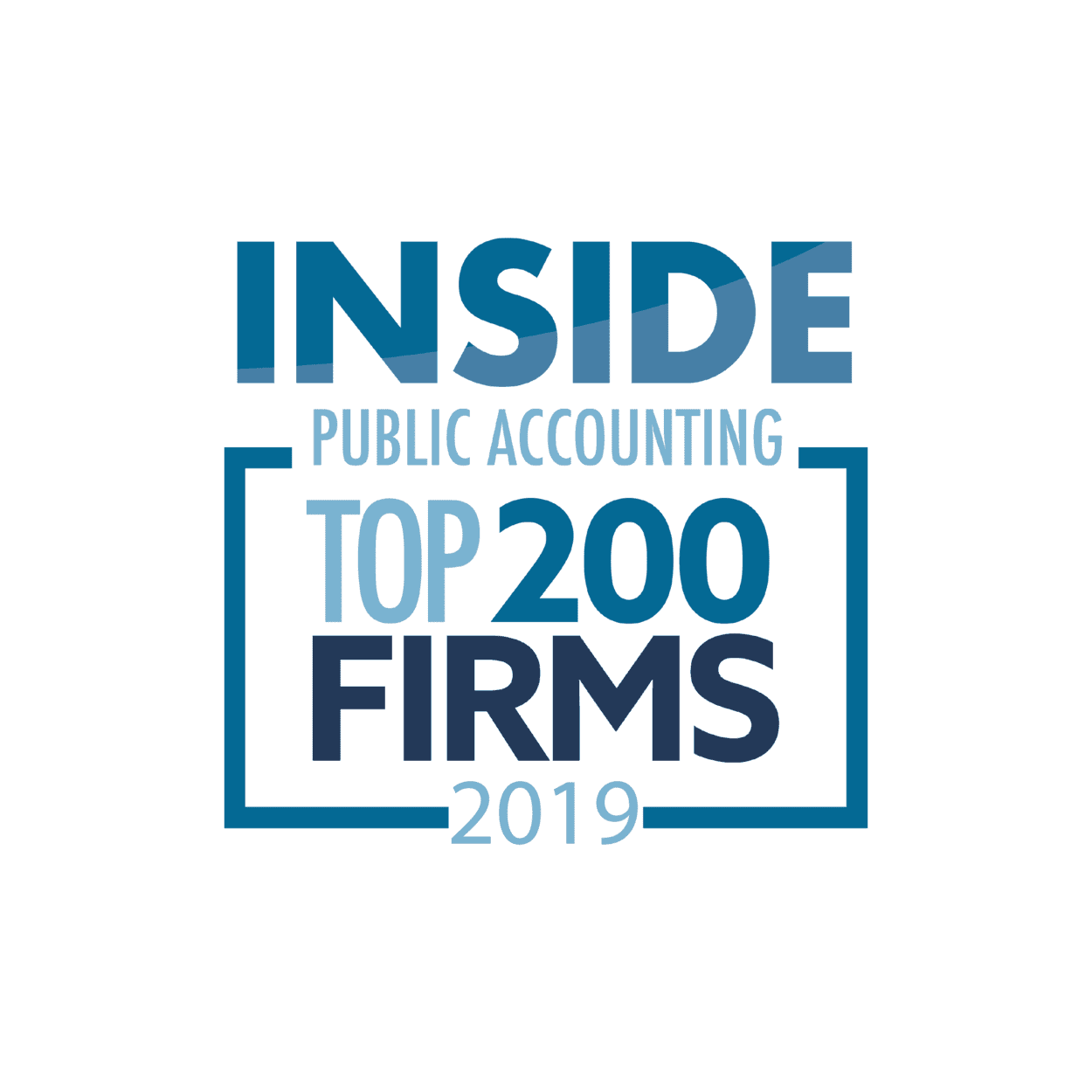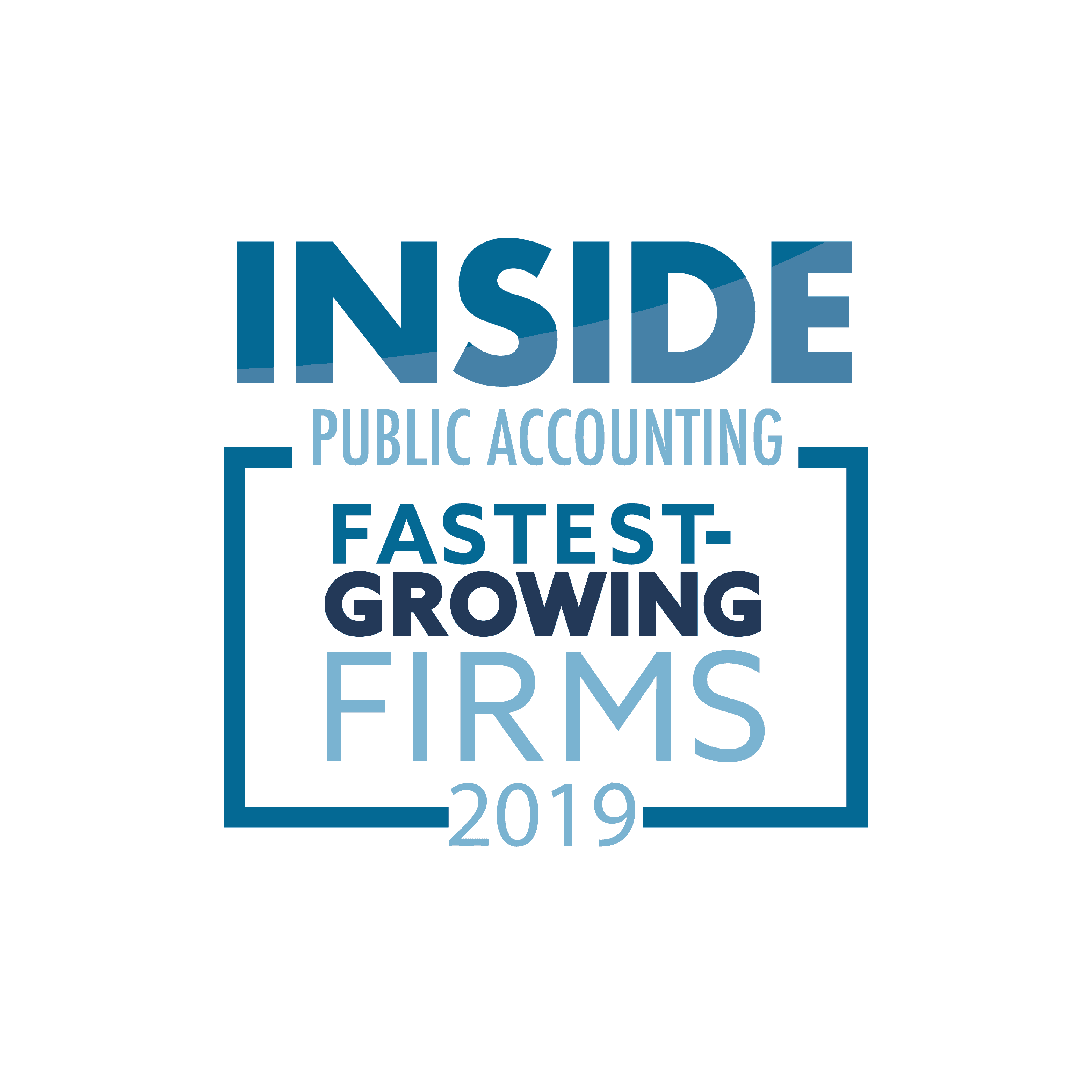On May 5, 2020, the U.S. Small Business Administration (SBA) extended the repayment deadline for Payroll Protection Program (PPP) loans from May 7, 2020, to May 14, 2020, for companies that are concerned about their eligibility for the loan program in light of recent comments made by government officials. The SBA has issued guidance urging borrowers to reassess their economic need for a PPP loan under the standards established by the Coronavirus Aid, Relief, and Economic Security (CARES) Act and PPP regulations at the time of the loan application. According to the SBA, borrowers are required to certify in good faith that their PPP loan request is necessary. If appropriate, any borrower that applied for a PPP loan prior to April 24, 2020, may now repay the loan in full by May 14, 2020, and not face any consequences from the SBA.
The SBA is asking businesses to review, understand and agree with the required certification, which states that the current economic uncertainty makes the loan request necessary to support ongoing operations. Lenders have been instructed to rely on the borrower’s certification regarding the necessity of the loan request; therefore, the burden of proof rests on your company as the borrower. Please note that SBA FAQ #43 states that additional guidance will be issued regarding how it will review the certification prior to the May 14, 2020, deadline.
Should you repay your PPP loan?
Since the SBA has stated its intent to issue guidance on how they will assess PPP loan needs, it is prudent not to make any repayment decision until the SBA issues that guidance. Until that guidance is issued, our recommendation is to continue to consider and document the factors that led to your decision to apply for the PPP loan, such as:
- The ability to retain employees without the PPP loan. In other words, would lay-offs, furloughs, pay reductions, etc. been implemented without the PPP loan?
- Anticipated decreases in revenues, now and later.
- Cash flow challenges due to various factors, including bad debts and slow customer payments.
- Cash flow challenges due to supply chain interruptions, thereby inhibiting sales.
- Governmental shelter-in-place orders impacting your business.
- An inability to obtain future financing due to potentially poor business performance.
In most cases, and with proper documentation, we believe a solid business case can be made for the need for the PPP loan. Therefore, your certification of need should be accepted, with no penalty. Obtaining loan forgiveness may be a bit more challenging, but SBA guidance in that area is also still pending. Our advice is to thoroughly document your need for the loan and wait for additional guidance on how the SBA will interpret need as well as how they will assess forgiveness applications. And finally, if you have already received funding, your company should be spending the loan proceeds only on allowable expenditures; use of the loan proceeds for other purposes could have serious consequences, including the repayment of the full loan proceeds.
If you need assistance determining whether you should return your PPP funds, documenting your PPP loan needs or managing your PPP loan funds, our team is available to help. To learn more, visit the COVID-19 Business Services section of our website or contact us. Also, be sure to subscribe here to get our news and alerts as they are released as we are committed to keeping you updated on how to navigate financial challenges associated with the COVID-19 pandemic.
Bert Mills, CPA, is the Managing Partner at Moore Colson. In his role, Bert sets the vision and mission of the Firm and works closely with the Firm’s leadership to drive and implement strategies.
Andy Starnes, CPA, is a Partner and Tax Services Practice Leader Moore Colson. Andy’s specialties include corporate tax compliance and planning, business consulting and multi-generational planning with a focus on the construction, professional services and staffing industries.








0 Comments